After several months of anticipation, two contentious legal submissions from Lord Pannick KC and a bumper 52-page witness statement, Boris Johnson finally made his appearance before the Privileges Committee yesterday.
Regular select committee watchers might have been surprised to see the panel of seven MPs conduct a forensic examination of Mr Johnson, sticking doggedly to their task, asking detailed questions and marshalling the facts at their disposal with some skill. Harriet Harman proved an adept Chair, keeping the committee on track and precluding too much lengthy meandering by the witness. Johnson was provoked to tetchiness, and even anger. But he could not be goaded into any explosive revelations.
This public conduct hearing was an unprecedented occasion; these events usually take place behind closed doors. As I predicted in April last year, Johnson was asked to give evidence under oath – bringing in the risk of a potential prosecution for perjury if he were to be economical with the actualité.
Three things struck me during the hearing. First, Johnson had sought, via submissions from his counsel and in his own witness statement, to exclude the committee from examining two issues: whether he had been misleading about breaches of the guidance (rather than the Covid rules) and whether he had been reckless in his statements to the House of Commons.
He argued that the first issue was out of scope because the committee was restricted to looking at his assertions to parliament about the legality of activities under the Covid-19 regulations. His legal team also contended that to penalise Johnson, the committee would have to find that he deliberately misled parliament. They stated that there was no precedent for the committee to proceed on the basis of recklessness, while Johnson described the idea of doing so as ‘absurd’ in his witness statement.
These objections were given short shrift by the committee and his gambit was unsuccessful. While the former prime minister managed to get his gripes on the record, much of the session revolved around a detailed conversation about the Covid guidance – and whether it had been followed in Downing Street at all times.
The sinner would not repent, suggesting that it was his belief, at the time, that the guidance was followed – and that it remained his belief
Johnson’s response to questions about the Covid guidance was the second striking factor. While he has already conceded that parliament had been misled (albeit, in his words, inadvertently) he resolutely resisted the idea that he could have been aware that Covid guidance had been breached. Attending leaving drinks was part of his job, to uphold morale, apparently. ‘I thought we were working’ was his repeated refrain. The guidance was followed as far as possible within the cramped and unusual working environment of Downing Street, he claimed.
This may not win Johnson much public sympathy. But it may be effective in shielding him from the most serious accusation against him: that he deliberately misled parliament. If Johnson maintains that he honestly believed that the guidance was followed – at least until he saw the details of the Sue Gray report – then it will be more difficult for the committee to pin him down on this issue.
As legal commentator David Allen Green has observed, Johnson’s approach was highly successful in heading off fixed penalty notices from the police. However, that was in respect of breaches of the rules. But the committee seemed highly sceptical about Johnson’s interpretation of the guidance. Bernard Jenkin, the leading Conservative member of the committee quipped: ‘The guidance does not say you can have a thank you party and as many people in the room as you like.’
At the end of the session, Harriet Harman asked Johnson whether, even at this late stage in proceedings, he would like to correct the record and admit that the guidance was, in fact, not followed at all times. The sinner would not repent, suggesting that it was his belief, at the time, that the guidance was followed – and that it remained his belief. Johnson did little to justify his failure to correct the record expeditiously, which stands in contravention of the 1997 Resolution of the House on Ministerial Accountability to Parliament.
So what will happen to the former prime minister? Johnson’s overarching defence appears to be that no one told him that there was a problem, he honestly believed that the whole of the No. 10 team was doing as much as possible to follow the guidance, and that he had been advised that the rules hadn’t been broken.
The last of these factors now looks rather problematic; Johnson admitted that he did not seek legal advice from either the attorney general or the government legal service before telling the Commons that no rules or guidance had been broken.
Indeed, it appears that he only sought advice from political advisers – principally those who dealt with the media – rather than lawyers or senior civil servants. The committee appeared incredulous about this fact, with Harman suggesting that he had relied on ‘flimsy assurances’ and Jenkin saying Johnson ‘did not take proper advice’.
This may well feed into a verdict that Johnson had been reckless when he spoke to the House, ignoring the evidence of his own eyes and failing to seek suitable advice before contending that the guidance had been followed. His failure to correct the record is likely to exacerbate the matter.
Johnson’s tactics may prove more successful if the committee finds he has committed a contempt and needs to recommend a sanction. It is quite plain that Johnson and his allies have been seeking to discredit the committee – you need only look at the outspoken nature of his defenders in the media, such as Nadine Dorries and Jacob Rees-Mogg. The procedural objections and allegations of potential bias seem designed to play to his supporters in the Commons and the wider public. If he is found in contempt, it seems inevitable that he will allege that the process was unfair. In fact, when asked whether he accepted that the committee could be wrong in its verdict rather than an unfair ‘witch hunt’, he said only that he would ‘wait to see how you proceed with the evidence’.
In those circumstances – assuming that no smoking gun emerges which demonstrates that Johnson knowingly misled parliament – the committee might find it more prudent to recommend an admonishment, or a short suspension, rather than seeking to set in chain a process that could make Johnson subject to a recall petition.
It seems that, while his constituents in Uxbridge and South Ruislip may still end up determining his political fate, they might not get their say until the next general election.
Got something to add? Join the discussion and comment below.
Get 10 issues for just $10
Subscribe to The Spectator Australia today for the next 10 magazine issues, plus full online access, for just $10.

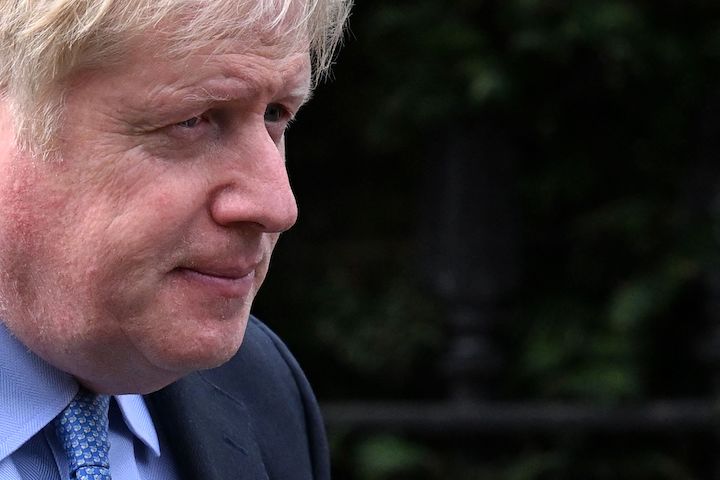
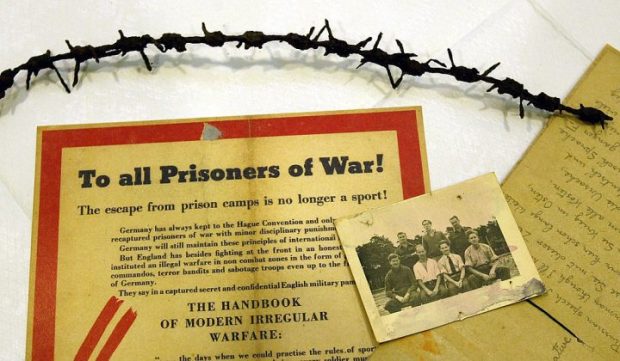
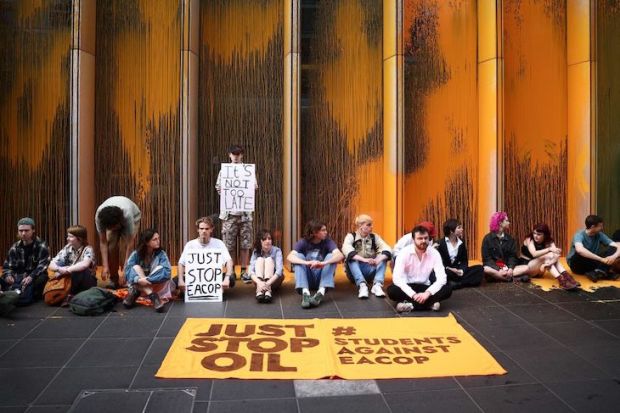
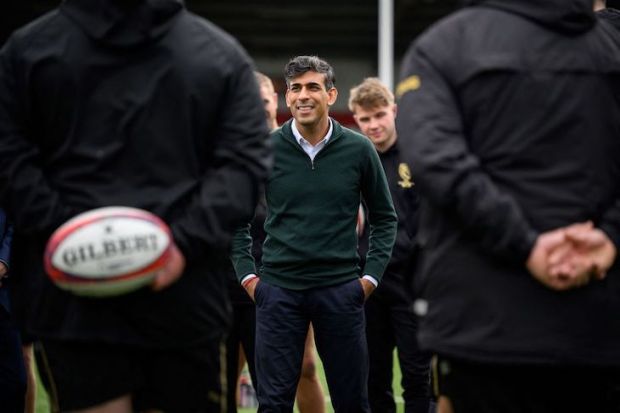
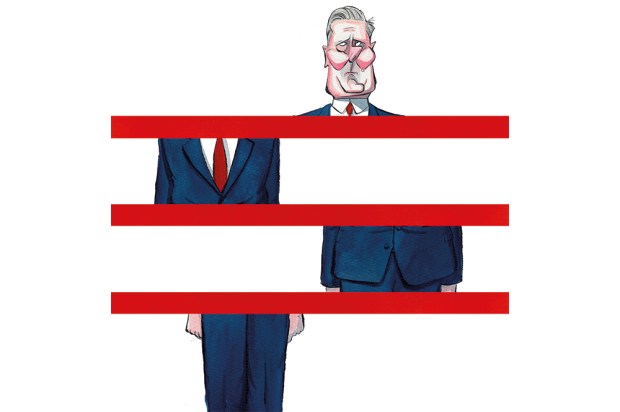

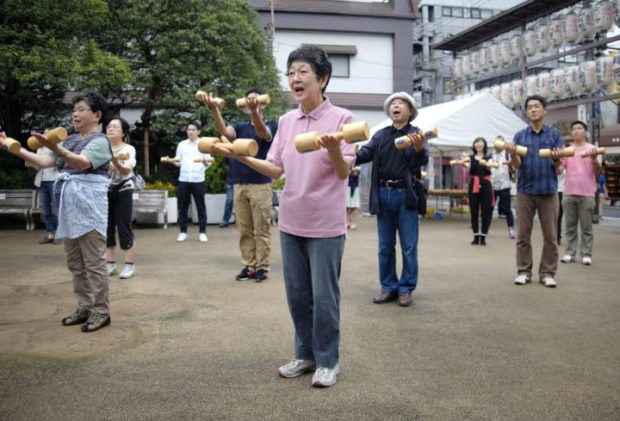












Comments
Don't miss out
Join the conversation with other Spectator Australia readers. Subscribe to leave a comment.
SUBSCRIBEAlready a subscriber? Log in